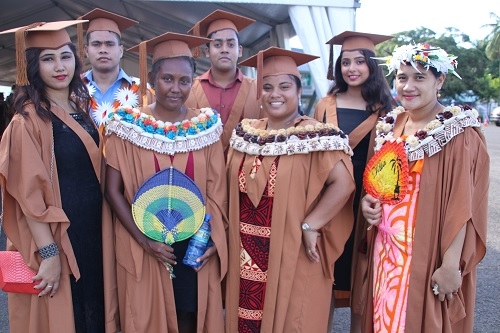The dust may have settled in some aspects of the saga at the University of the South Pacific (USP) campus. Vice Chancellor and President Pal Ahluwalia and Pro Chancellor Winston Thompson may have worked out a harmonious modus operandi between them, under their respective terms of reference, to patch up the unity that has been subverted and which is desperately needed. The fine print of the truce may have prioritised the improvement of ‘governance within the institution’, as earnestly solicited by the new USP Chancellor, President Lionel Aingimea of Nauru. And the students are back in their lecture rooms for lessons and assignments.
However, there are grey areas and questions left unanswered. There is no resolution, for example, on the debate on whether or not the BDO Report and all the indictments it contains can be trashed onto the historic scrapheap and best forgotten. Further, there is an eerie silence on the political economy aspects of Fiji’s sizable contributions to the university budget and her prominence as a host government. Though not articulated, there were commentators who proffered these aspects as extenuation for Fiji’s conduct of matters in the USP Council.
These factors among others have been, inevitably, been brought up for public and regional discussions. And these are issues that are fundamental to the life and sustainability of the university. So much so that the question of its future rings loudest as a pivotal matter for genuine reflections. The University’s sustainability as a regional good is an obvious candidate for reflection. A regional good is simply that which meets the interests and needs of members. If such sustainability cannot be envisaged, what form of ‘public good’, or otherwise, USP is going to become?
To read more, log in to read Islands Business online or subscribe today https://emag.islandsbusiness.com/
